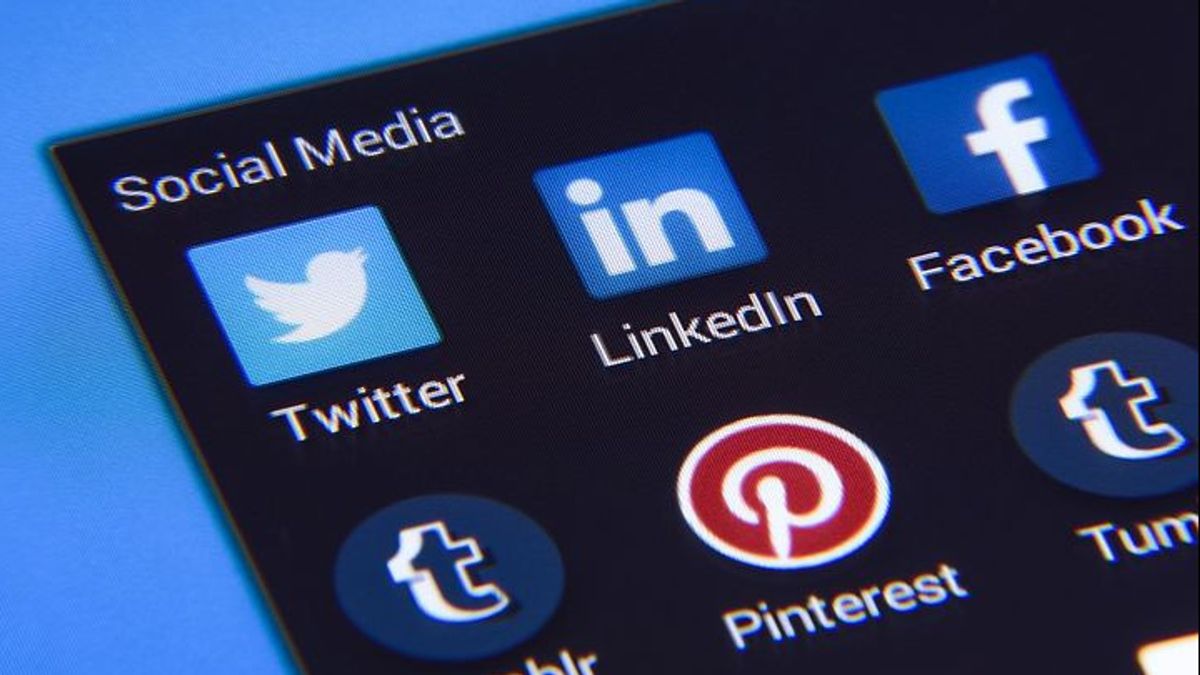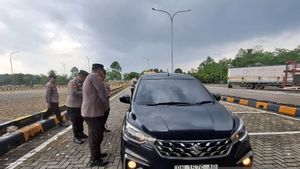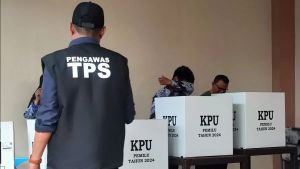JAKARTA - Big tech companies on Monday, July 25, agreed to reduce harmful online content in New Zealand. This makes for a move that critics say is to circumvent alternatives to government regulation.
According to Netsafe, the group that funds internet security, Meta Platforms Inc, Alphabet's Google, TikTok, Amazon.com Inc and Twitter have signed on to the code of practice.
"Those companies will follow the code as a self-regulation," Netsafe head Brent Carey said in a statement.
"There are too many Kiwis being bullied, harassed and abused online, which is why the industry must come together to protect users," Carey said in a statement.
The NZTech industry lobby group will be held accountable for the obligations companies fulfill, including reducing harmful content online, reporting on how they are doing it, and supporting independent evaluation of results.
“We hope the governance framework will allow it to evolve in tandem with local conditions, while at the same time respecting the fundamental right to freedom of expression,” said NZTech chief executive Graeme Muller.
Meta and TikTok said in their statement that they are enthusiastic about code that makes online platforms safer and more transparent.
However, interest groups want more details. They want more detail regarding sanctions for any failure by companies to comply and about public complaints mechanisms.
They also point to pacts administered by industry bodies, not governments.
"This is a weak attempt to get ahead of regulation in New Zealand and overseas, by promoting an industry-led model," said Mandy Henk, chief executive of Tohatoha NZ, a non-profit organization that lobbied for the social impact of technology, in a statement.
The company-approved framework is called the Aotearoa New Zealand Code of Practice for Online Safety and Hazards.
New Zealand has been a leader in efforts to stamp out violent extremism online. Prime Minister Jacinda Ardern and French President Emmanuel Macron in 2019 launched a global initiative to end online hate.
The English, Chinese, Japanese, Arabic, and French versions are automatically generated by the AI. So there may still be inaccuracies in translating, please always see Indonesian as our main language. (system supported by DigitalSiber.id)












